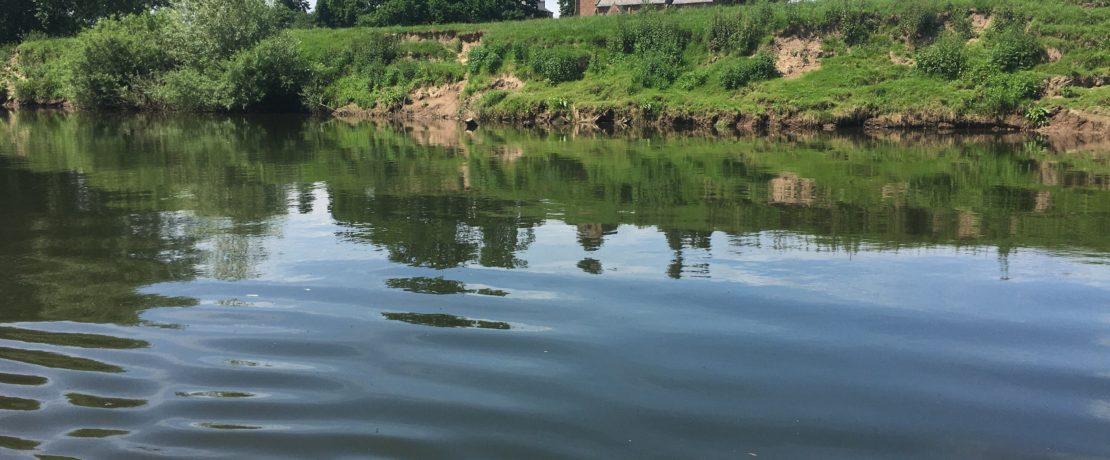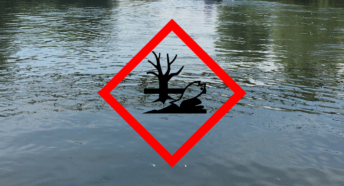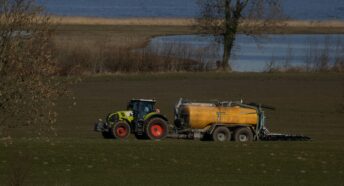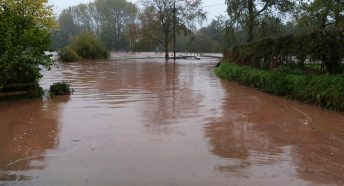How everyday Biocides are polluting our Rivers – Especially the River Lugg
A growing body of research into biocides, a wide range of chemical agents used to eliminate unwanted organisms, is casting a stark light on a silent crisis affecting our waterways.
Recent studies show that rivers across England are contaminated with traces of insecticides, fungicides, veterinary medicines, and pharmaceuticals. These biocides have been shown to significantly harm aquatic life. A 2023 review published in Environments (MDPI) concluded that low concentrations of multiple biocides, including glyphosate, triclosan, and fipronil, can cause long-term damage to aquatic invertebrates, especially when combined in chemical “cocktails.” The report also stated that fungicides are used in agriculture, pharmaceuticals, personal care products, and for material preservation. Their application in agriculture is to control disease and safeguard the yield and quality of crops.
These compounds pose a hidden threat. Aquatic invertebrates such as riverflies and mayflies are vital for maintaining healthy fish populations and overall river function. When they decline due to chemical exposure, the damage ripples up through the food chain, affecting fish, birds, and even mammals.
The River Lugg: A Troubled Tributary
Recent official water quality data showed that six key biocides (including fungicides, a herbicide and insecticide) were widespread in rivers and most rivers contained between four and six of these chemicals.
Sadly, the River Lugg (one of the key tributaries to the River Wye) was among the top 12 showing the highest amounts of biocides and contained all six key biocides (only two other rivers in the country were as badly contaminated).
The presence of antimicrobial active pharmaceutical ingredients could also negatively affect human health directly by the selection of antimicrobial resistance in microorganisms and increase the serious threat of antibiotic resistance.
We call for urgent action to determine where exactly these biocides are coming from and a plan to stop them entering our waterways,
Join the Movement
This isn’t a call for despair – it’s a call to action. If you care about the rivers that define our landscape and are vital for our environment, consider supporting us. Whether you’re curious, concerned, or passionate, your involvement matters.
For more information click here.









